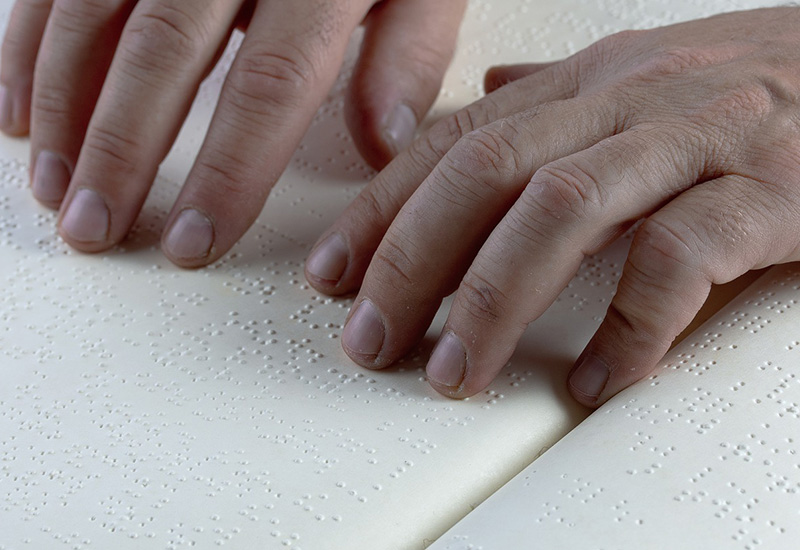Update from AIWP
by Dr Agata Mrva-Montoya
Since our first meeting in October 2020, the members of the Accessibility Initiative Working Party (AIWP) have been scouring the internet for information that could be used to establish accessibility guidelines, standards, training and resources for editors.
We have also asked members of disability organisations for materials that could be used in our work.
Before the end of the year, I released the findings of two surveys that I conducted as part of my role as an academic in the Department of Media and Communications at the University of Sydney, earlier in the year. The first survey collected information from staff working for Australian publishers regarding the key drivers and challenges to transitioning workflows to create “born-accessible” books. (I would like to thank all the IPEd members who participated in the survey.)
The second survey was aimed at the staff of disability organisations and alternative format providers, as well as disability support services from universities, TAFEs and state departments of education, about the process of converting books into accessible formats, and the key challenges they need to deal with.
The findings provide further confirmation of the need for more information and training around what accessibility is and how to achieve it. A lack of skills and knowledge, and limited awareness were reported as the key barriers stopping publishers from producing accessible ebooks.
The good news is that there is a lot of good will. Publishers are motivated by ethical considerations, the need for legal compliance and the desire for innovation to engage with the production of accessible ebooks; they see the return on investment to be of lesser importance. However, they need guidance on how to get started. This is where the guides and training that the AIWP aims to develop will help, at least on the editorial side of the process.
In the interim, publishers can do a lot to help make the conversion process easier and ensure faster access to books for individuals with print disabilities. The key suggestion is for publishers to improve their response and turnaround time for providing files, provide updates on the processing of requests, and provide access to suitable files, such as InDesign, Illustrator, ePub or MS Word, or editable PDFs (free of digital rights management restrictions or watermarks). Publishers are also encouraged to provide a clearly defined and accessible policy and procedure for requesting content on their websites; this can be easily done. In the long term, it would be good for publishers to incorporate accessibility standards directly into their publishing workflows and produce basic accessible ebooks and audiobooks themselves, leaving disability organisations to focus on more complex projects such as braille transcription and other specialised services.
The reports can be downloaded via the following links:
Inclusive Publishing in Australia: A Preliminary Report
Producing Accessible Books in Australia: A Snapshot
Please note:
As noted in the December edition of Gatherings, braille transcribers spend much of their time manually separating apostrophes from single quote marks, which have different braille codes. AIWP will therefore use double quote marks in all its communications from now on.
Dr Agata Mrva-Montoya is a member of IPEd’s Accessibility Initiative Working Party and a participant in the Australian Inclusive Publishing Initiative. In 2020, Agata took a sabbatical from her role as Publishing Manager at Sydney University Press to become lecturer in publishing and Degree Director of the Master of Publishing at the University of Sydney.

